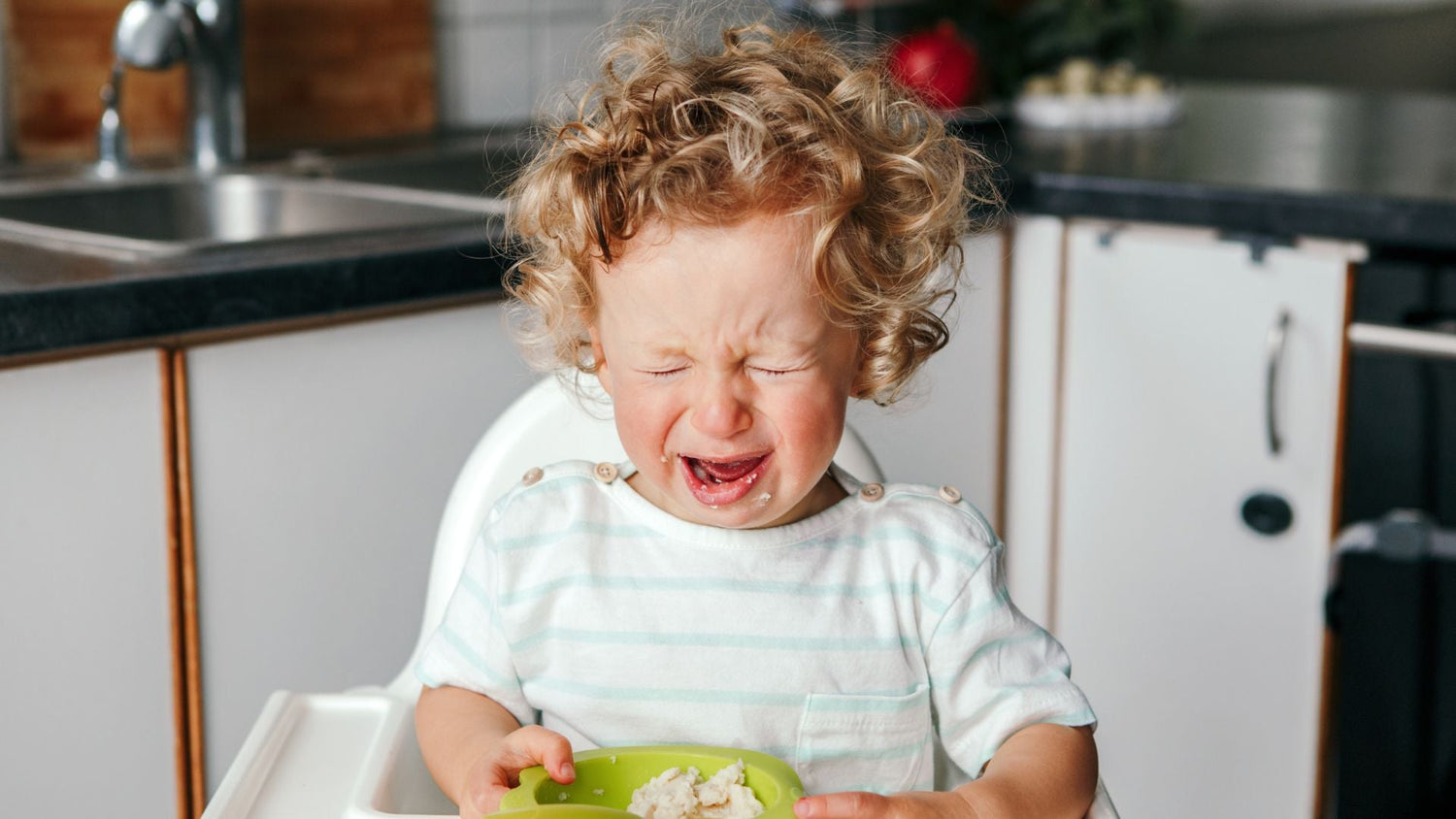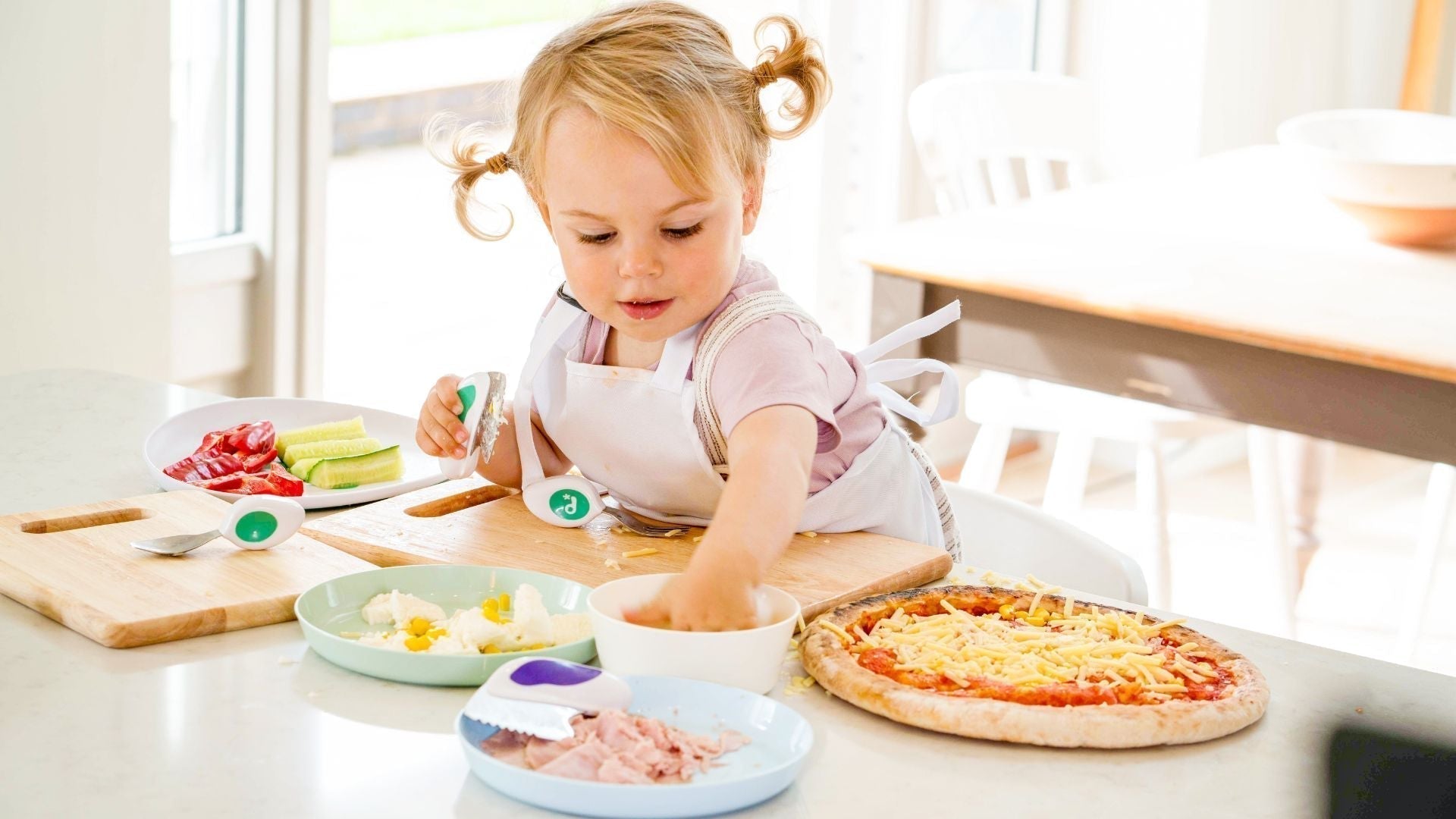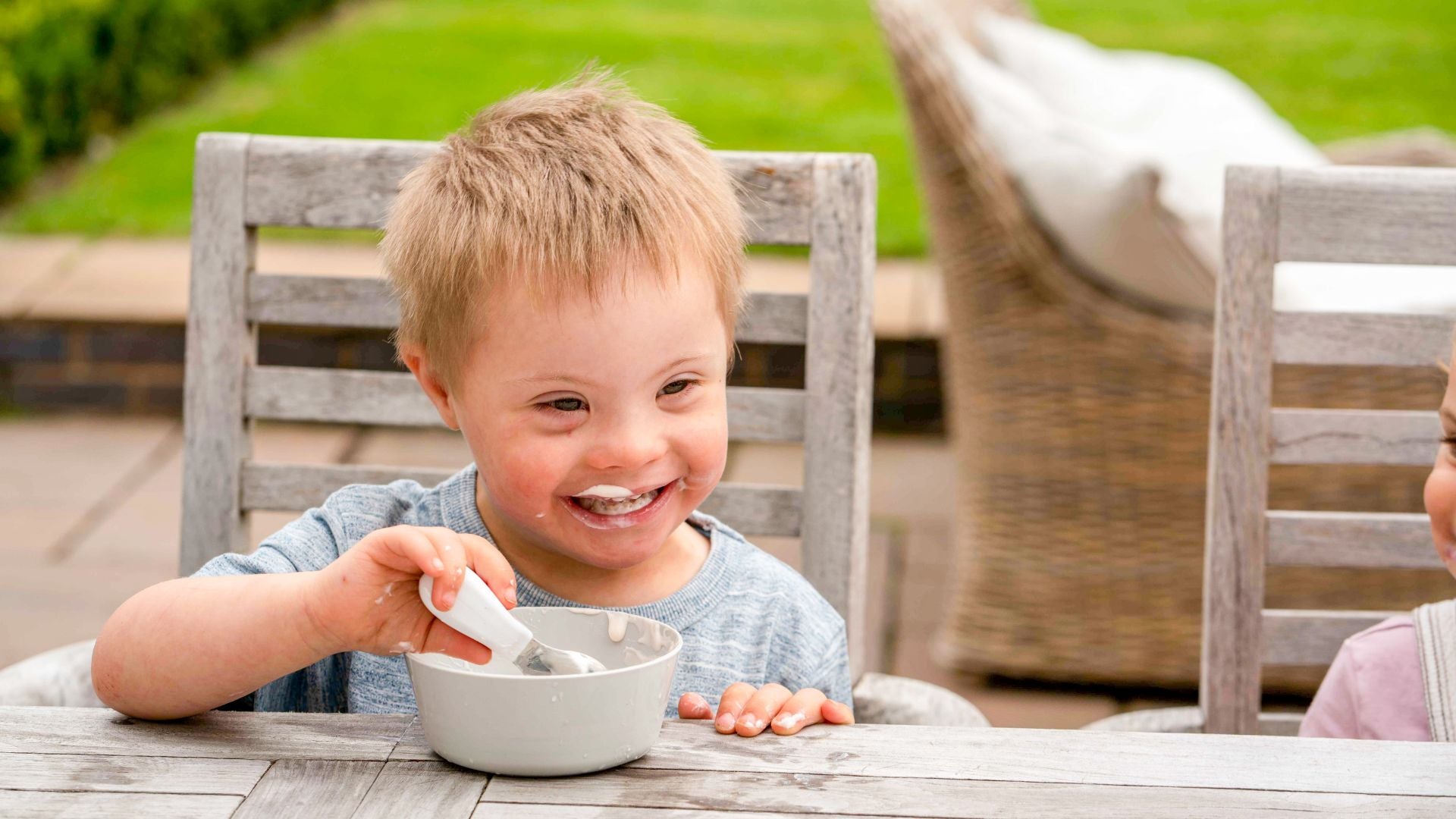If you've ever had to manage your toddler's emotional meltdown in the middle of the supermarket aisle or during a peaceful family dinner, you know that those little feelings can be BIG. But don't worry – you're not alone, and it's totally normal for toddlers to experience intense emotions that can be overwhelming for everyone involved.
As parents, we understand how challenging it can be to cope with these big emotions, and we want you to know that we're here to support you. It's not always easy, but with the right tools and strategies, you can help your little one navigate their feelings in a healthy way.
In this blog post, we'll explore:
- Why toddlers experience strong emotions and the importance of self-regulation
- Common emotional triggers for toddlers
- Practical techniques to help your little one manage their emotions
- When to seek additional support
So, take a deep breath, grab a cuppa, and let's dive in!
Understanding toddler emotional development

First things first: it's important to know that your toddler's emotional rollercoaster is not a reflection of your parenting skills. Toddlers experience big emotions for a variety of developmental reasons, like:
- Developing independence: As toddlers start to assert their autonomy, they may become frustrated when things don't go their way.
- Limited communication skills: Toddlers often struggle to express their needs and wants, leading to emotional outbursts.
- Brain development: The parts of the brain responsible for emotional regulation are still developing during the toddler years.
So, when your little one is throwing a wobbly, remember that they're not trying to make your life difficult – they're just navigating a lot of new feelings and experiences!
Common emotional triggers in toddlers
While every child is unique, there are some common situations that can trigger intense emotional responses in toddlers:
Frustration due to limited communication
Toddlers are still developing their language skills, which can make it challenging for them to express their needs, wants, or feelings. For example, if your toddler is hungry but doesn't know how to say "I'm hungry," they might become frustrated and start crying or throwing objects to get your attention.
Transition periods
Toddlers often thrive on routine and predictability, so transitioning from one activity to another can be difficult. For instance, when it's time to leave the playground and head home for dinner, your toddler may become upset because they want to keep playing. Similarly, bedtime routines can be a struggle if your toddler isn't ready to wind down and go to sleep.
Overstimulation and fatigue
Toddlers can easily become overwhelmed by too much sensory input or excitement, like at a birthday party with lots of noise, people, and activities. On the other hand, not getting enough sleep can also lead to emotional meltdowns. A missed nap or a late bedtime can result in a cranky, irritable toddler who is more prone to tantrums.
Sharing or social conflicts
As toddlers start to engage more with their peers, they may struggle with sharing toys or managing social interactions. For example, if another child takes your toddler's favourite toy without asking, your little one might become angry and lash out by hitting or pushing. Learning to share, take turns, and communicate with others is a gradual process of social development that can be emotionally challenging for toddlers.
By understanding these common triggers and how they affect your toddler's emotions, you can be better prepared to offer support and guidance when big feelings arise. Remember, each child is unique, and what triggers an emotional response in one toddler may not be the same for another. As a parent or caregiver, you know your child best – trust your instincts and be patient as your little one navigates this important stage of emotional development.
Practical techniques to support emotional regulation

Now that you understand why your toddler experiences big emotions, let's explore some practical strategies to help them (and you!) manage those feelings:
Calming strategies
- Teach simple deep breathing exercises, like pretending to blow out birthday candles or smell flowers.
- Create a cosy calming corner with soft cushions, favourite toys, and books where your toddler can go to relax.
Positive communication
- Use simple language to help your toddler label and understand their emotions, like "I can see you're feeling frustrated right now."
- Model calm behaviour by taking deep breaths and speaking in a gentle tone, even when you're feeling stressed.
Proactive preparation
- Establish predictable routines to help your toddler feel secure and prevent emotional overload.
- Prepare your toddler for changes and transitions by giving them advance notice and explaining what will happen next.
Encouraging emotional expression
- Provide safe outlets for expressing big feelings, like role-playing with stuffed animals or drawing pictures of emotions.
- Read age-appropriate children's books together that specifically address feelings and emotions. Discuss how the characters manage their emotions and relate it to your child's experiences.
Remember, learning to regulate emotions is a skill that takes time and practice. Be patient with your toddler (and yourself!) as you work through these strategies together.
When to seek additional support
While emotional outbursts are a normal part of toddler development, there may be times when you're concerned that your child's emotional regulation difficulties are more severe. If your toddler's tantrums are extremely frequent, intense, or long-lasting, or if they seem to be struggling more than their peers, it may be helpful to consult with your GP or an early childhood specialist.
Riding the emotional wave

Navigating toddler emotions can feel like a wild ride, but with a little understanding and a lot of patience, you can help your little one learn to manage their big feelings. Remember, every child is different, and what works for one may not work for another. Trust your instincts, stay consistent, and don't be afraid to reach out for support when you need it.
And if you're looking for more ways to make mealtime a calmer, more enjoyable experience for your toddler, check out our range of toddler cutlery. The short ergonomic handles and soft-touch grip areas mean that your little one feels more confident and in control at the table – one less thing to get emotional about!
Keep up the amazing work, and remember – this too shall pass (even if it feels like forever in the moment!).




Hinterlasse einen Kommentar
Diese Website ist durch hCaptcha geschützt und es gelten die allgemeinen Geschäftsbedingungen und Datenschutzbestimmungen von hCaptcha.